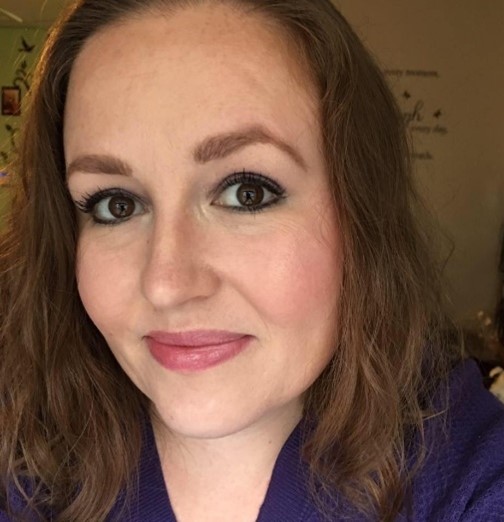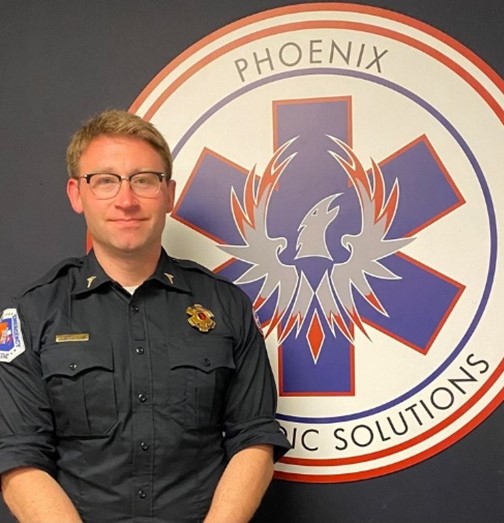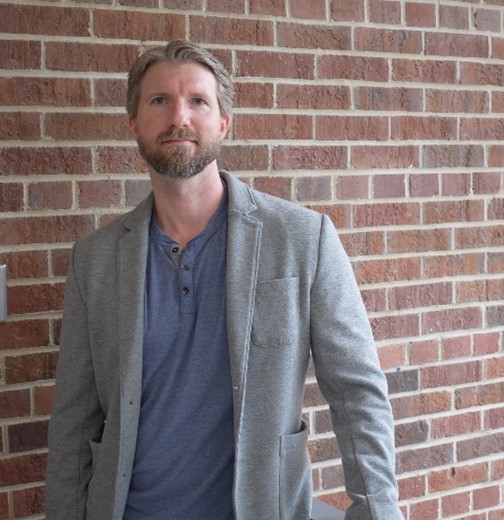Join us for an engaging panel discussion focused on the critical topics of opioid use and innovative approaches to harm reduction with an emphasis on the profound impact of overdose and adverse events on those working with individuals affected by substance misuse. Panelists will share insights and strategies to address these challenges, aiming to raise awareness and empower professionals in the field. This webinar is a unique opportunity to explore solutions, learn from the best practices, and collectively work toward safer and more effective substance misuse interventions while ensuring the well-being of staff impacted by adverse outcomes.
• Discuss emerging trends and challenges related to the treatment of opioid use disorder, including the impact of synthetic opioids.
• Introduce innovative harm reduction approaches that aim to reduce the negative consequences of opioid use.
• Examine the impact of overdose and adverse events on staff and discuss strategies to mitigate their effects.
Registrants who fully attend this event or training will receive a certificate of attendance via email within two weeks after the event or training.

Ashley E. Collins, LCSW, Program Director/Manager of Comprehensive Opioid Recovery Center (CORC) Grant, Centerstone
Ashley E. Collins obtained her B.S. in Psychology at Indiana University Bloomington in 2006 and her MSW at IUPUI in 2008. She started as a therapist at Ireland Home Based Services working with adults and children involved with DCS and was quickly promoted to supervisor then regional coordinator. In 2011, Ashley became a Family Case Manager (FCM) at DCS in Brown County and became an FCM Supervisor in 2014 for Monroe County and later Owen County. After being with DCS for 5 ½ years, Ashley wanted to return to working in treatment and joined Centerstone in 2016 as a Forensic Coordinator where she obtained her LSW and LCSW. Ashley worked with grant programs, pilot programs, and specialized contracts, including SUD jail programming. In September 2020, Ashley became the Program Director of Centerstone’s Comprehensive Opioid Recovery Center (CORC) grant, a 4-year SAMHSA grant covering 9 counties.

Nate Metz, CCHW, President and CEO, Phoenix Paramedic Solutions
Nathaniel Metz is the President and CEO of Phoenix Paramedic Solutions, a diversified EMS agency operating in the State of Indiana that provides a diversity of healthcare services including E-911, non-emergency medical transports, Community Paramedicine for hospitals and communities, and Occupational Health solutions for industrial and commercial clients. Initially working in a hospital setting as a Nurses Aid and in nursing school, then as an EKG Tech in the ICU, to earning his EMT-B and ultimately his Paramedic certification, Nathaniel’s healthcare career has grown through his experiences in caring for patients. Nathaniel is also certified as a CHW as part of Phoenix Recovery Solutions. Prior to founding Phoenix Paramedic Solutions, Nathaniel served as the Vice-President of Operations for Prompt Ambulance Service, at that time the largest private EMS agency in the State of Indiana. Nathaniel is recognized internationally as a leader and advocate for the proliferation of Community Paramedicine models to extend access to care in underserved communities and to address critical gaps in our current healthcare system. Nathaniel has been an invited speaker at the IRCP in Melbourne Australia, EMS World each of the past 5 years, at the Zoll Summit in Colorado, and at the Hennepin Community Paramedicine Conference in Minnesota.

Bradley Ray, PhD, Senior Researcher, RTI International
Bradley Ray, who is a senior research public health analyst in the Applied Justice Research Division at RTI International, is a sociologist who conducts translational research along with training and technical assistance at the intersection of criminal-legal and behavioral health systems with a focus on overdose and violence prevention through harm reduction strategies. Dr. Ray has served as a principal investigator and co-investigator on studies funded by the National Institute on Drug Abuse (NIDA), the Centers for Disease Control and Prevention (CDC), the National Institute of Justice (NIJ), and the National Science Foundation (NSF). His work focuses on how people who use drugs or have substance use or other behavioral health disorders experience criminal-legal and behavioral health systems. At a policy level, Dr. Ray’s work has helped to address iatrogenic effects of social control on treatment systems through rigorous implementation science along with methodologically rigorous randomized controlled trials of interventions and big data integration aimed at evaluating overdose prevention and behavioral health-related strategies. He has an extensive publication record in peer-reviewed journals, including the American Journal of Public Health, Journal of Substance Use and Addiction Treatment, Journal of Experimental Criminology, Drug and Alcohol Dependence, Psychiatric Services, and Addiction.
The Great Lakes MHTTC is offering this training for individuals working in HHS Region 5: IL, IN, MI, MN, OH, WI. This training is being provided in response to a need identified by Region 5 stakeholders.